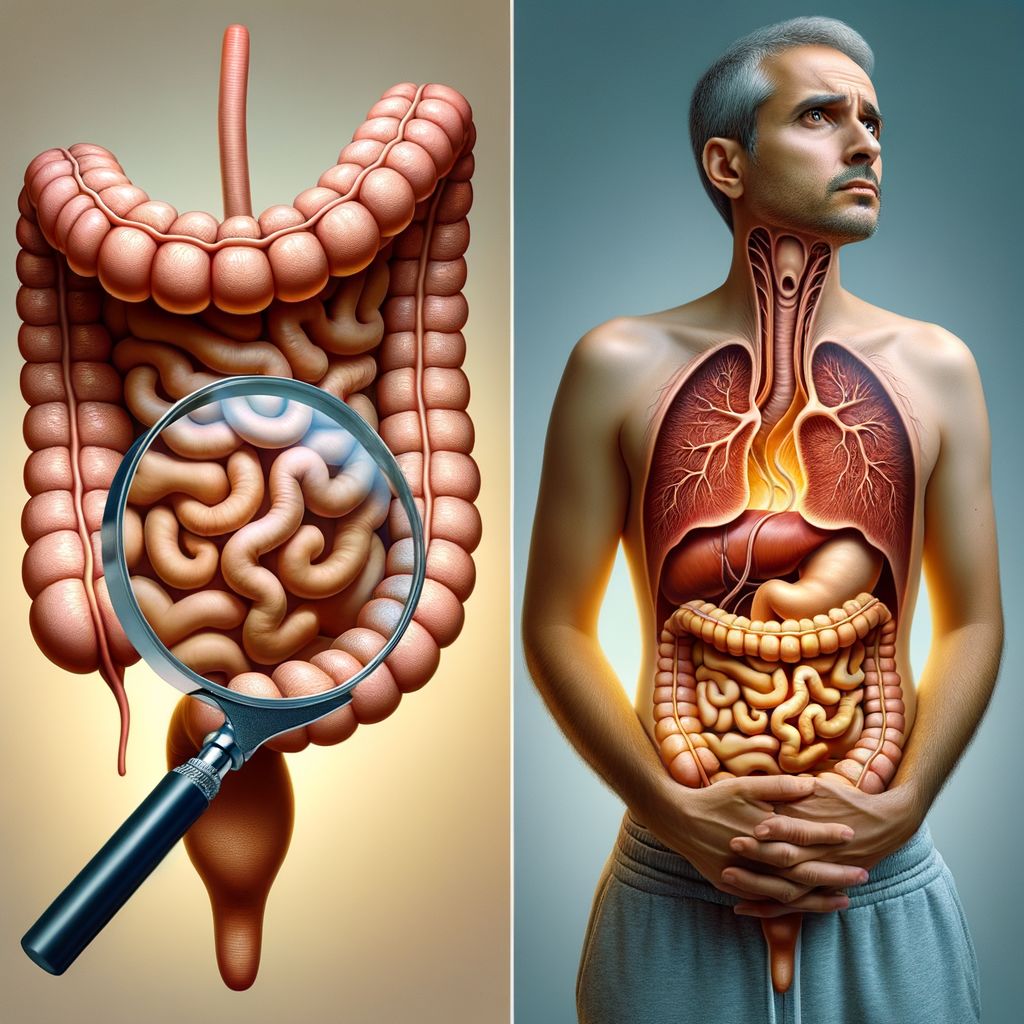Carnivore Diet and Diverticulitis: Insights from the World Carnivore Tribe
The relationship between diet and health has long been a topic of interest among health enthusiasts and researchers alike. In recent years, the carnivore diet has gained popularity for its potential health benefits, leading many to explore its impact on various health conditions, including diverticulitis. This article delves into the fundamentals of the carnivore diet, its connection to diverticulitis, and insights from the World Carnivore Tribe.
The Basics of Carnivore Diet
At its core, the carnivore diet is a dietary approach that primarily consists of animal products such as meat, poultry, and fish while excluding plant-based foods. Advocates of the carnivore diet believe that consuming animal products exclusively can lead to various health improvements. This diet fundamentally alters one’s meat intake, encouraging individuals to derive the majority of their nutrients from animal sources.
Furthermore, the carnivore diet is considered low carb due to its restriction of carbohydrates from plant foods. By eliminating high-carb plant-based foods, individuals on the carnivore diet aim to achieve ketosis, a metabolic state where the body primarily uses fats for energy.
Understanding Diverticulitis
Diverticulitis is a condition characterized by the inflammation or infection of small pouches called diverticula in the walls of the colon. These pouches, when inflamed or infected, can lead to various symptoms such as abdominal pain, fever, and changes in bowel habits. Diet plays a crucial role in managing diverticulitis, as certain dietary measures can help alleviate symptoms and prevent flare-ups.
The connection between diverticulosis and diverticulitis lies in the progression of the condition. Diverticulosis refers to the presence of diverticula without inflammation, while diverticulitis occurs when these pouches become inflamed or infected, leading to more severe complications.

The Role of Red Meat in Diverticulitis
Red meat consumption has been a topic of debate regarding its potential impact on diverticulitis risk. Some studies suggest that a high intake of red meat may be associated with an increased risk of diverticulitis, while others propose that a low carb or ketogenic diet, which includes red meat, can have benefits for managing diverticulitis symptoms.
Individuals following a diverticulitis diet may include red meat in moderation, while ensuring an adequate intake of fiber from other sources to promote gut health and reduce inflammation. Balancing the consumption of red meat with other nutrients and dietary components is key to managing diverticulitis effectively.

Preventing Diverticulitis Flare-ups
Dietary measures play a crucial role in preventing diverticulitis flare-ups. Following a high fiber diet rich in plant foods can help maintain regular bowel movements and prevent complications associated with diverticular disease. While there is no “magic pill” for managing diverticulitis, incorporating a well-rounded diet can significantly impact one’s digestive health.
Intermittent fasting, a dietary approach that involves cycles of fasting and eating, may also fit into diverticulitis management by giving the digestive system periods of rest and promoting optimal gut function. However, individual responses to fasting may vary, and consulting a healthcare provider before adopting any fasting regimen is recommended.
The Link Between Carnivore Diet and Bowel Diseases
Exploring the connection between the carnivore diet and bowel diseases sheds light on how dietary choices can influence gut health and inflammatory conditions. While some proponents claim that the carnivore diet can improve inflammatory bowel diseases, research on this topic is still in its early stages, and more evidence is needed to validate these claims.
Despite the potential benefits of a carnivore diet for some individuals, it is essential to consider the overall dietary balance and long-term implications of excluding certain food groups. The 2024 prediction for the carnivore diet trend remains speculative, and ongoing research will provide further insights into its efficacy and safety for various health conditions.

Carnivore Diet For Diverticulitis Frequently Asked Questions:
Is the carnivore diet helpful for managing diverticulitis?
While there is limited scientific evidence on the effectiveness of the carnivore diet specifically for diverticulitis, some individuals in the World Carnivore Tribe have reported improvements in their symptoms.
Can intermittent fasting benefit individuals with diverticular disease?
Intermittent fasting may help reduce inflammation and improve digestion, which could be beneficial for individuals with diverticular disease.
How does a low carb diet impact diverticulosis?
A low carb diet, such as the ketogenic diet, may help reduce the risk of flare-ups in diverticulosis by minimizing the strain on the digestive system.
What is the connection between diverticulitis and a low fodmap diet?
A low FODMAP diet can be useful for managing symptoms of diverticulitis, as it limits foods that can cause gastrointestinal discomfort.
Are there any risks to consider when following a carnivore diet for diverticulitis?
It’s important to be cautious with unprocessed red meat consumption when following a carnivore diet, as excessive intake may increase the risk of developing diverticulitis.
How can diet help prevent the recurrence of diverticulitis?
Following a diet low in residue and high in clear fluids can help prevent the recurrence of diverticulitis by reducing strain on the digestive system.
Is the carnivore diet considered safe for individuals with diverticulitis?
The safety of the carnivore diet for individuals with diverticulitis is still debated, so it’s important to consult with a healthcare provider before making significant dietary changes.





